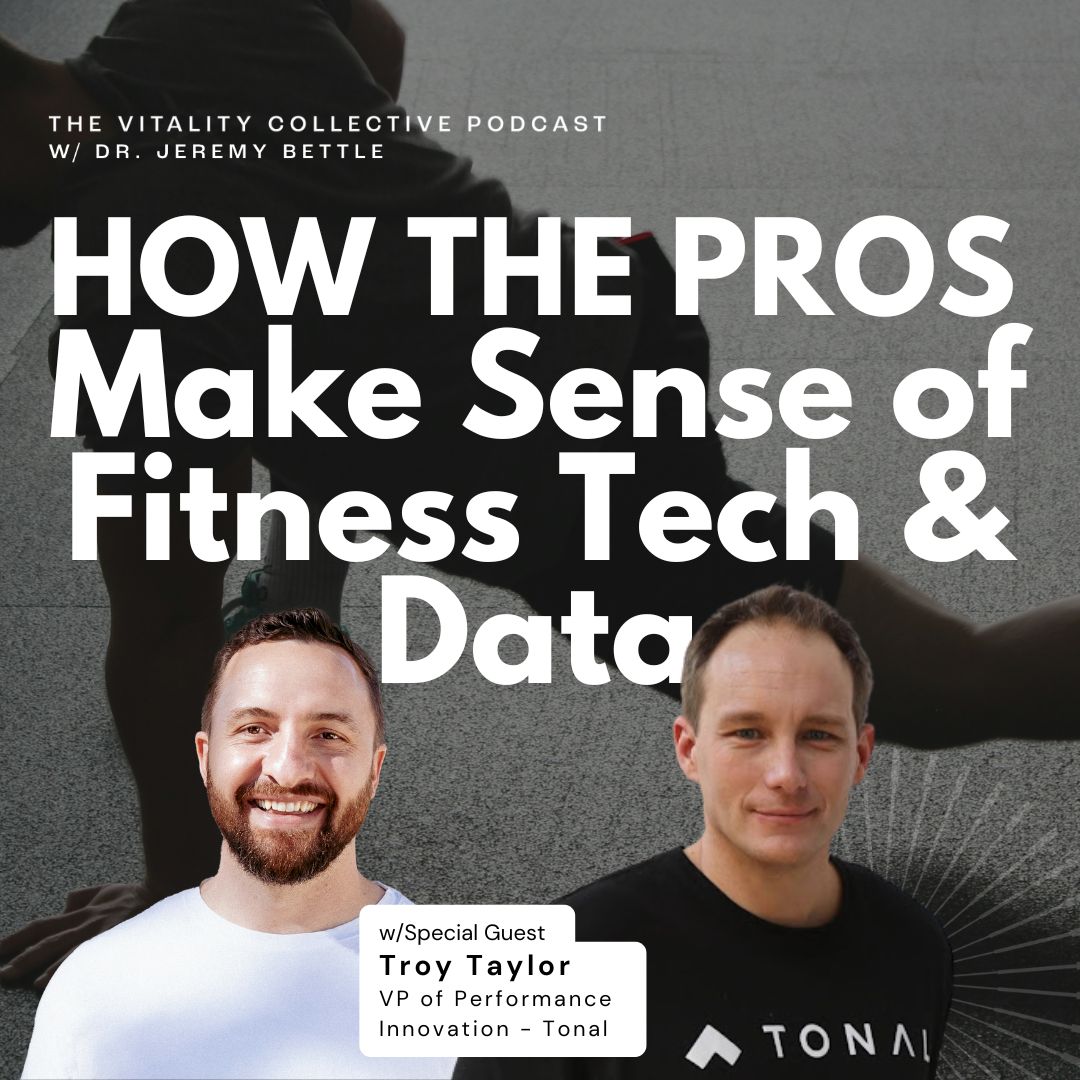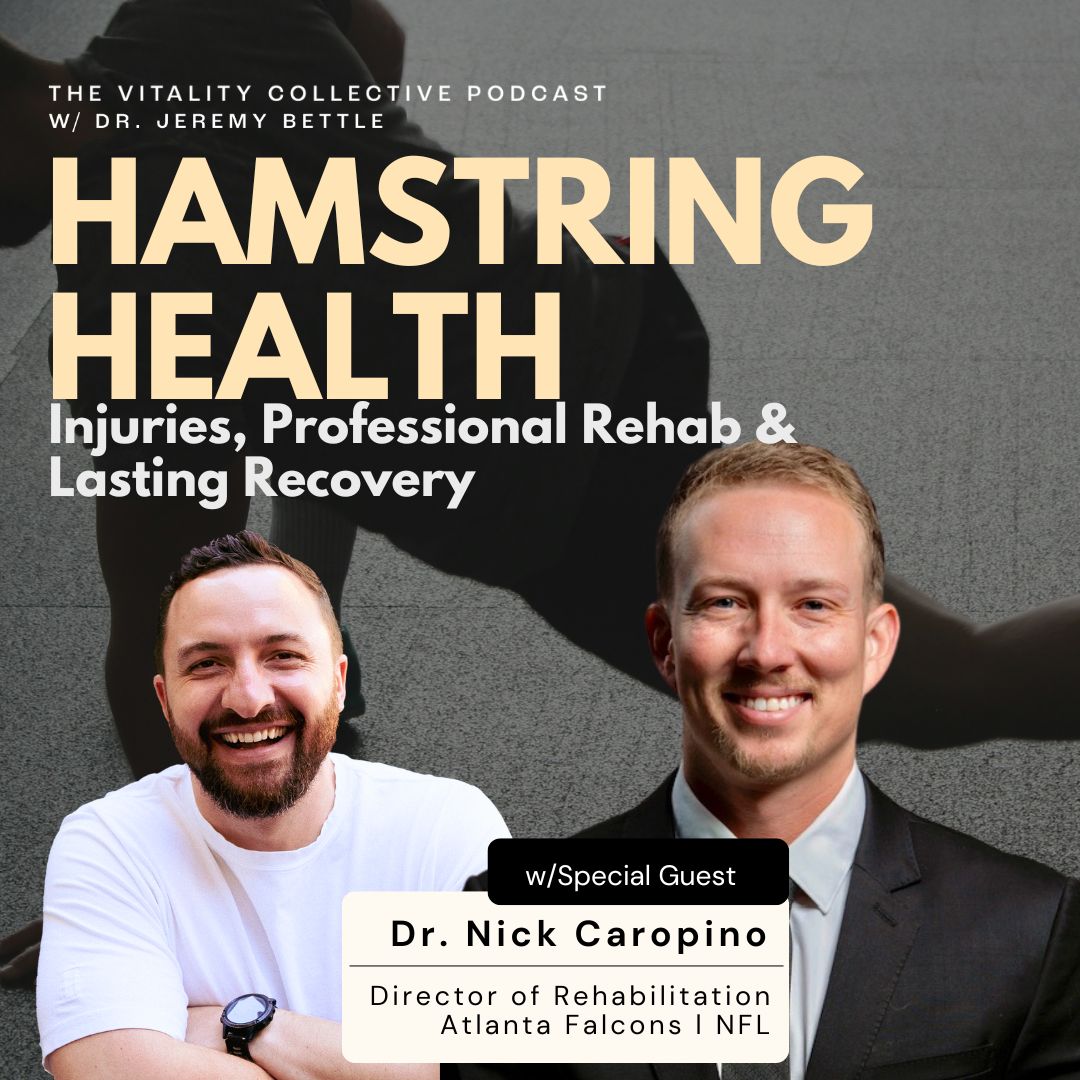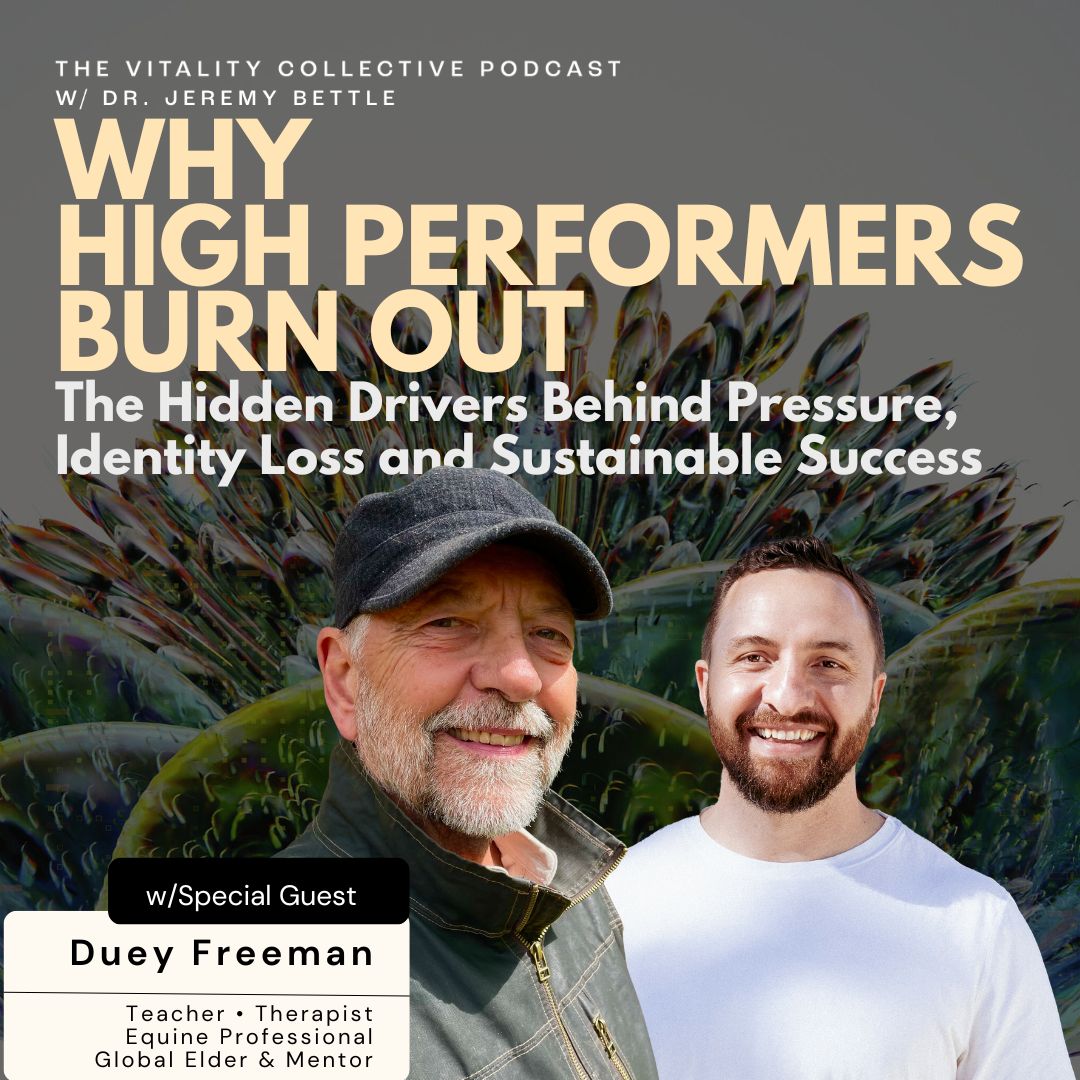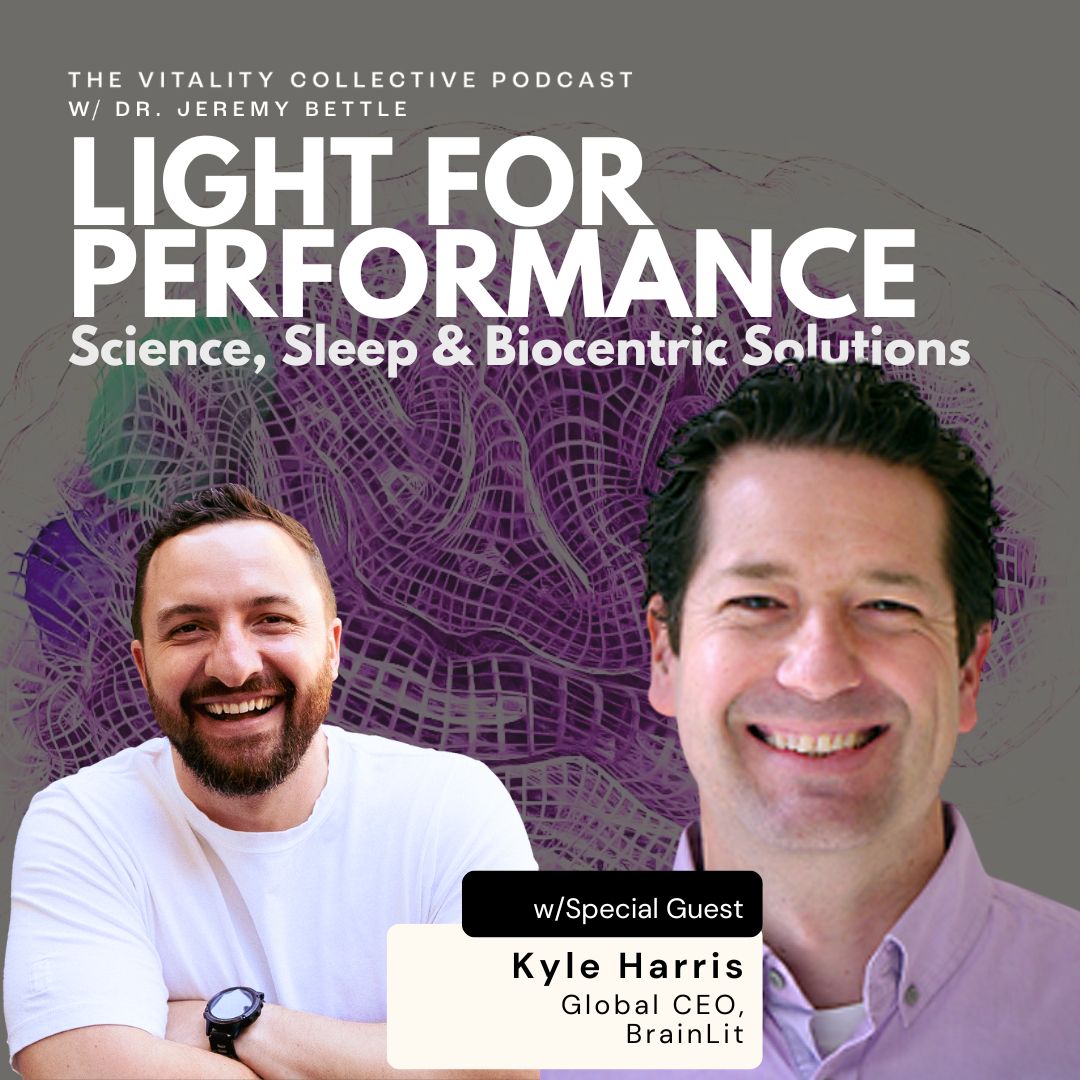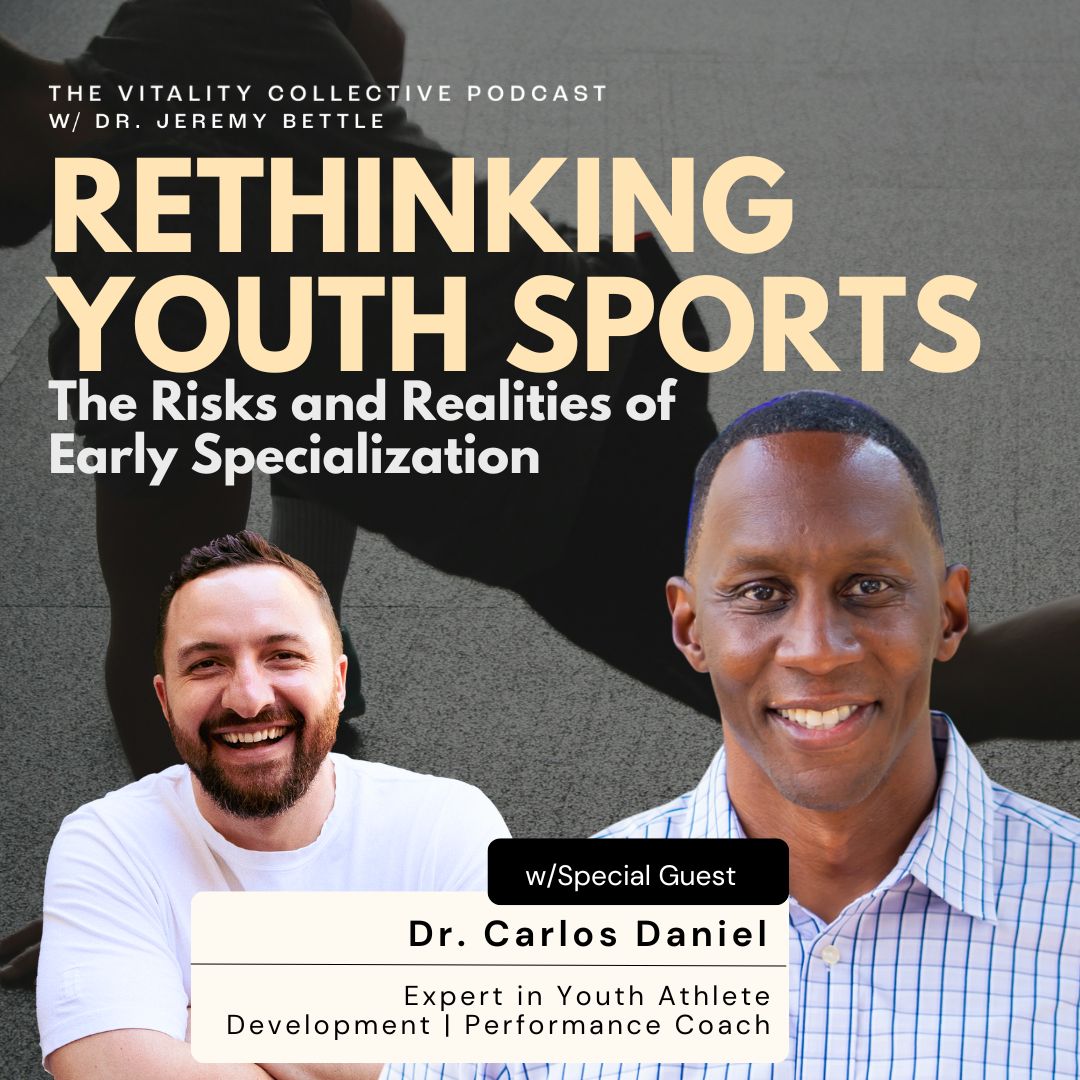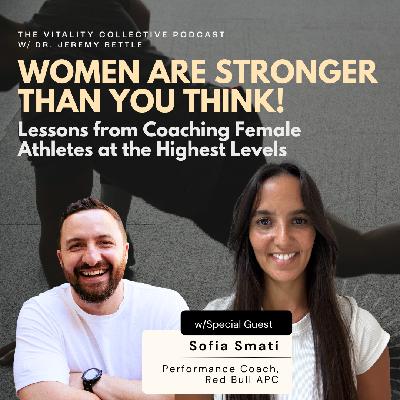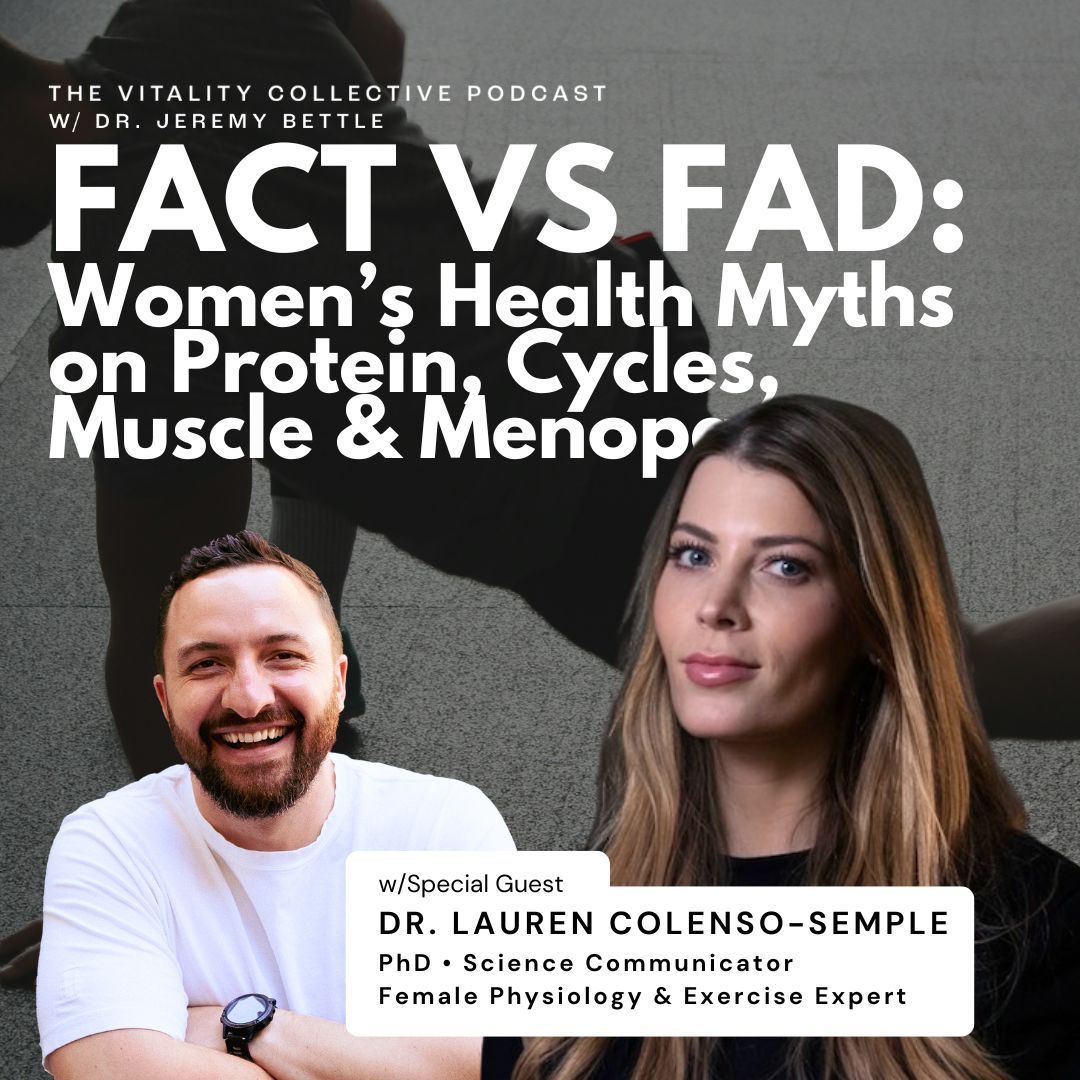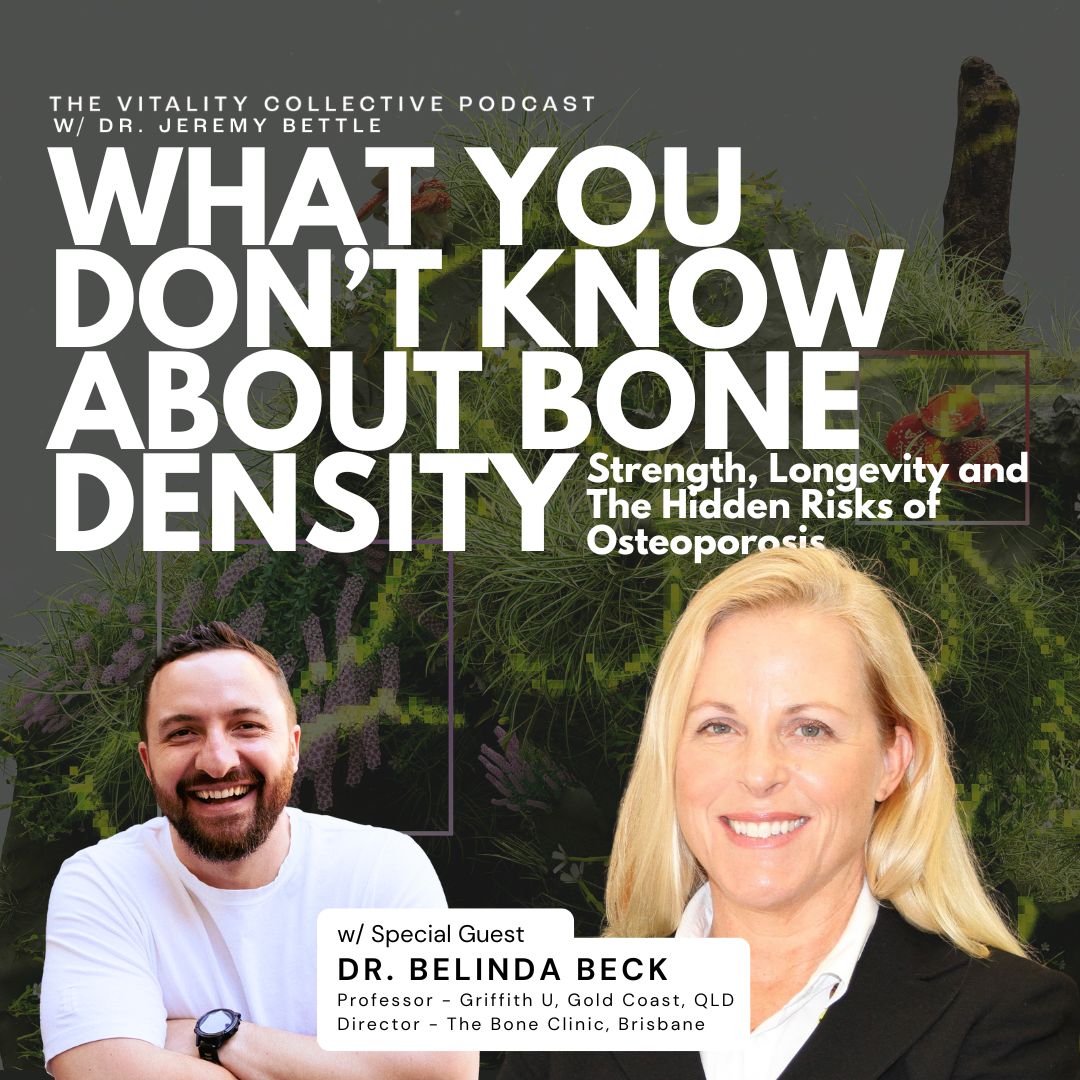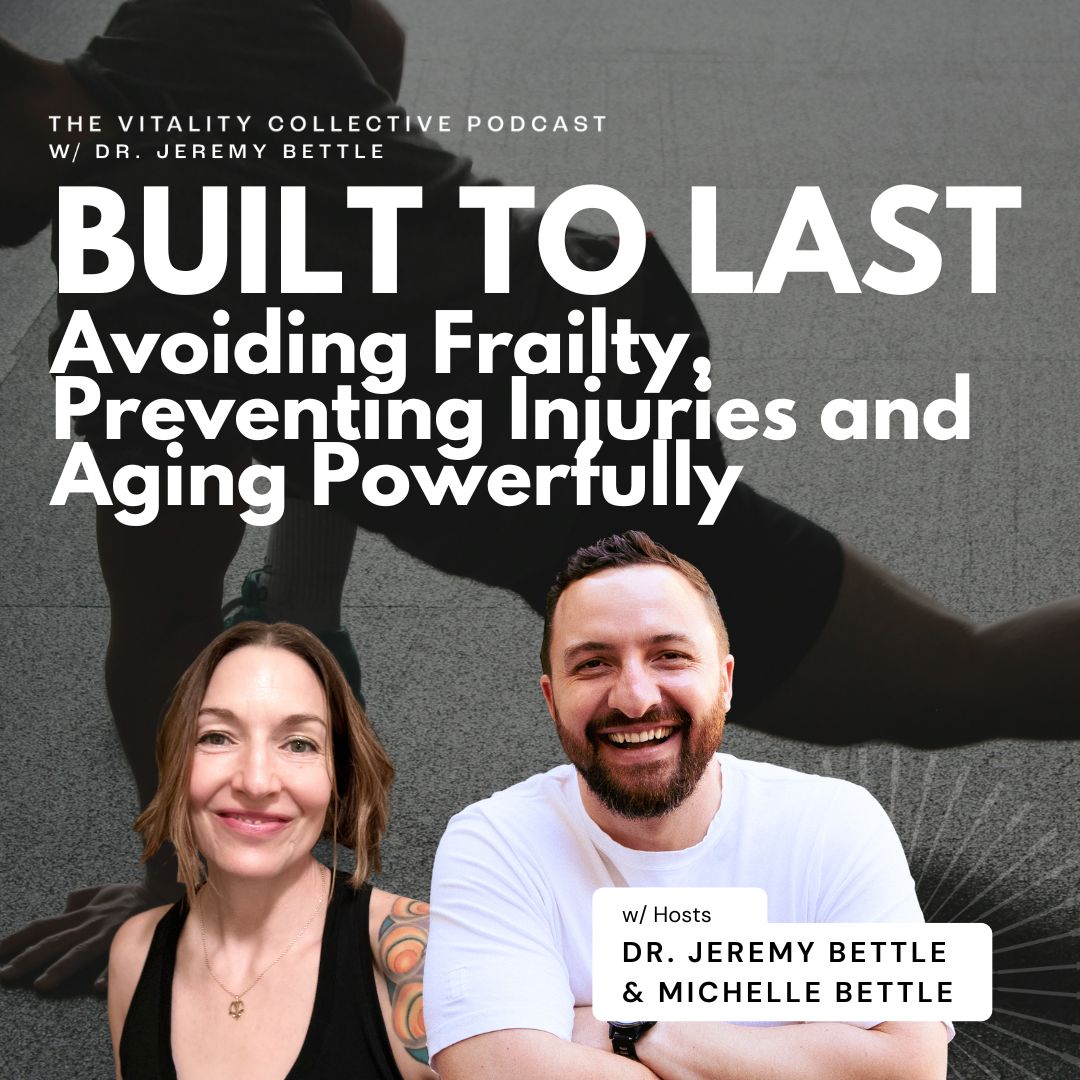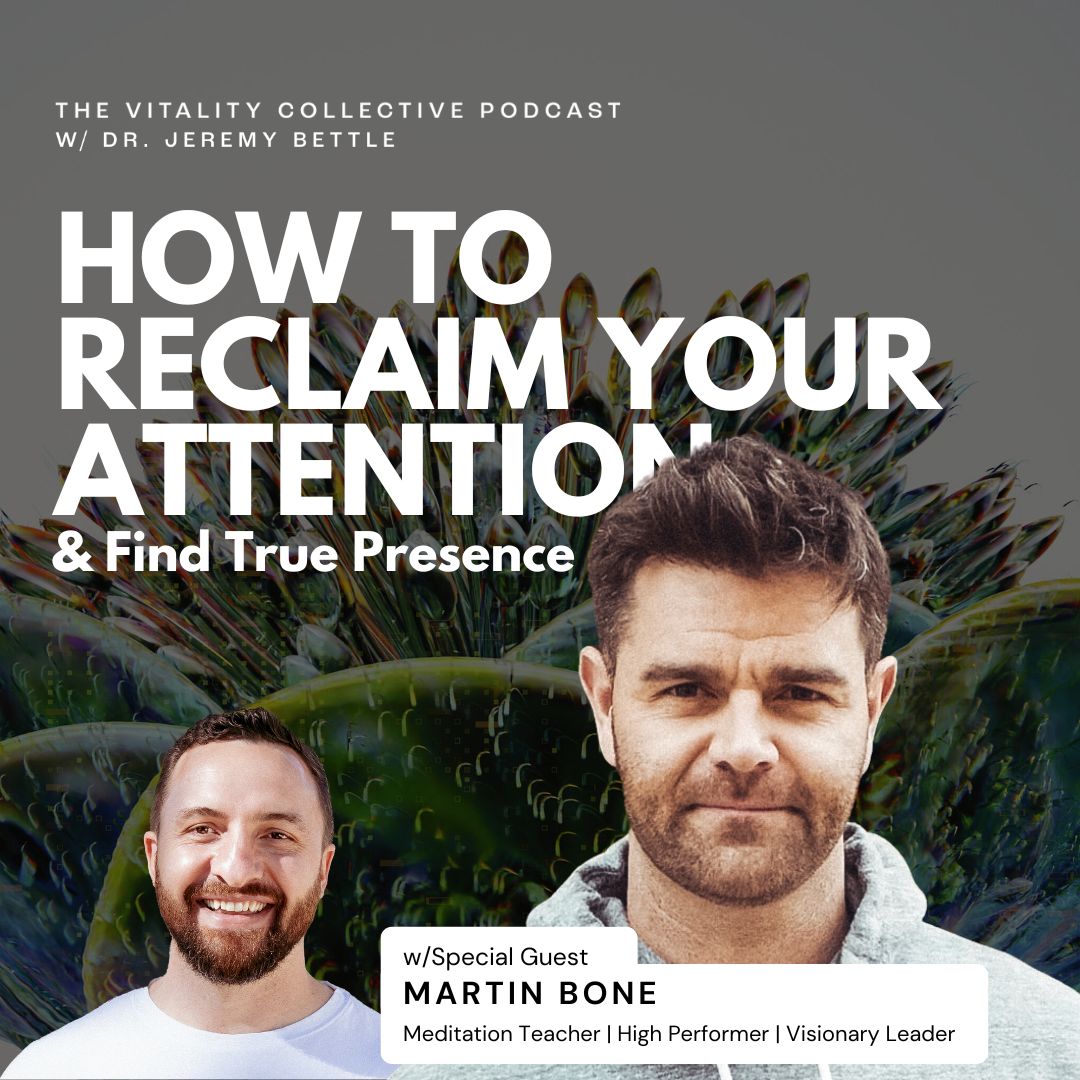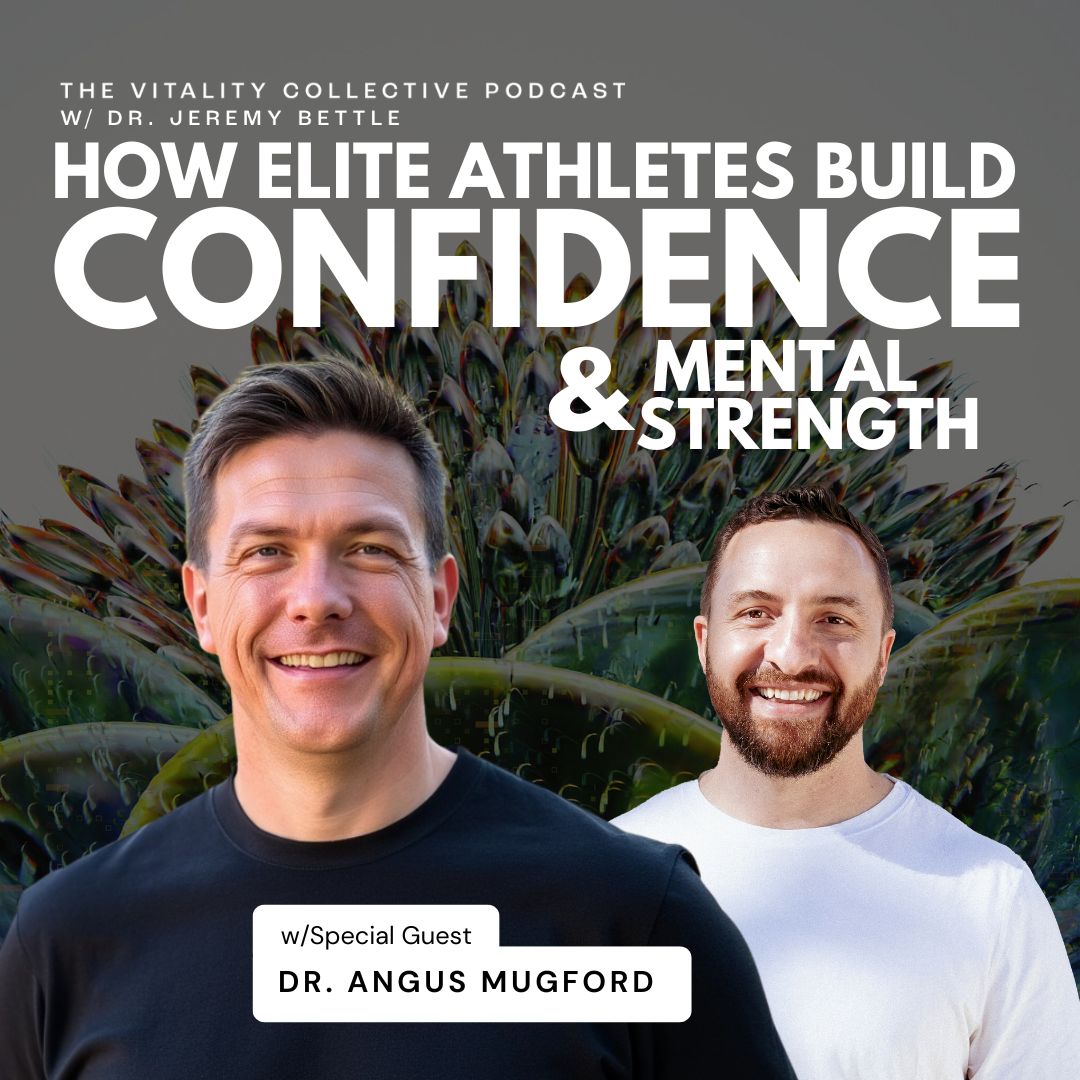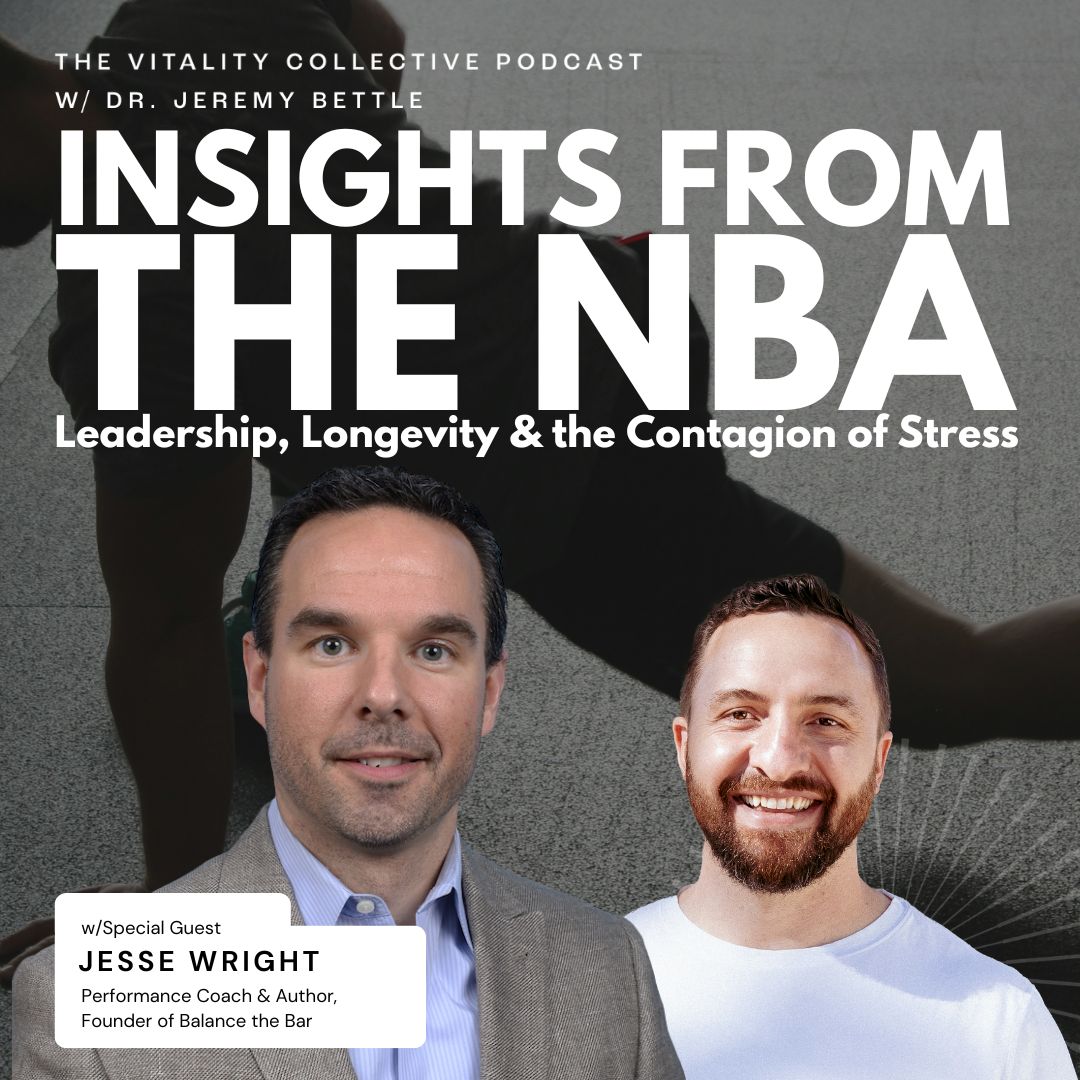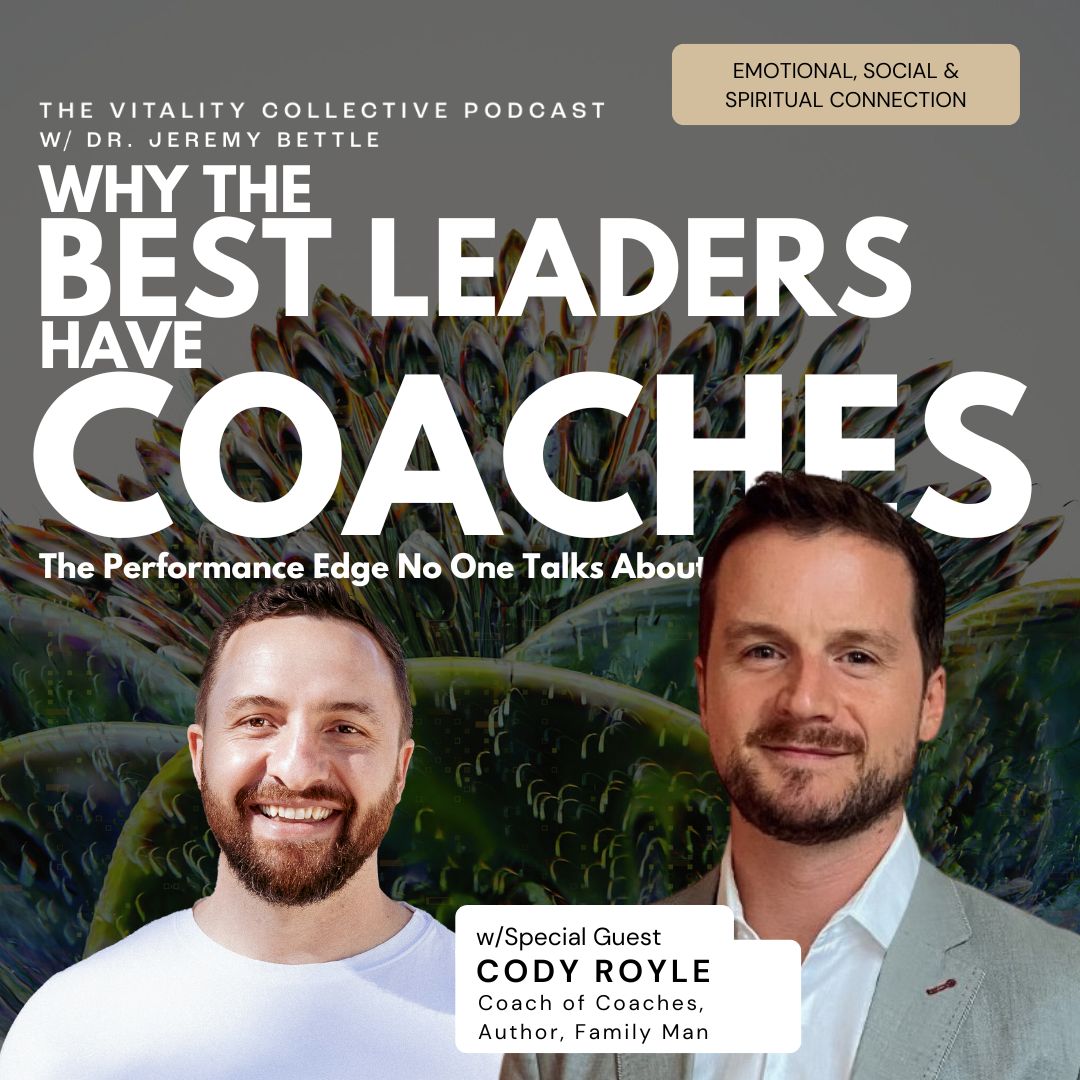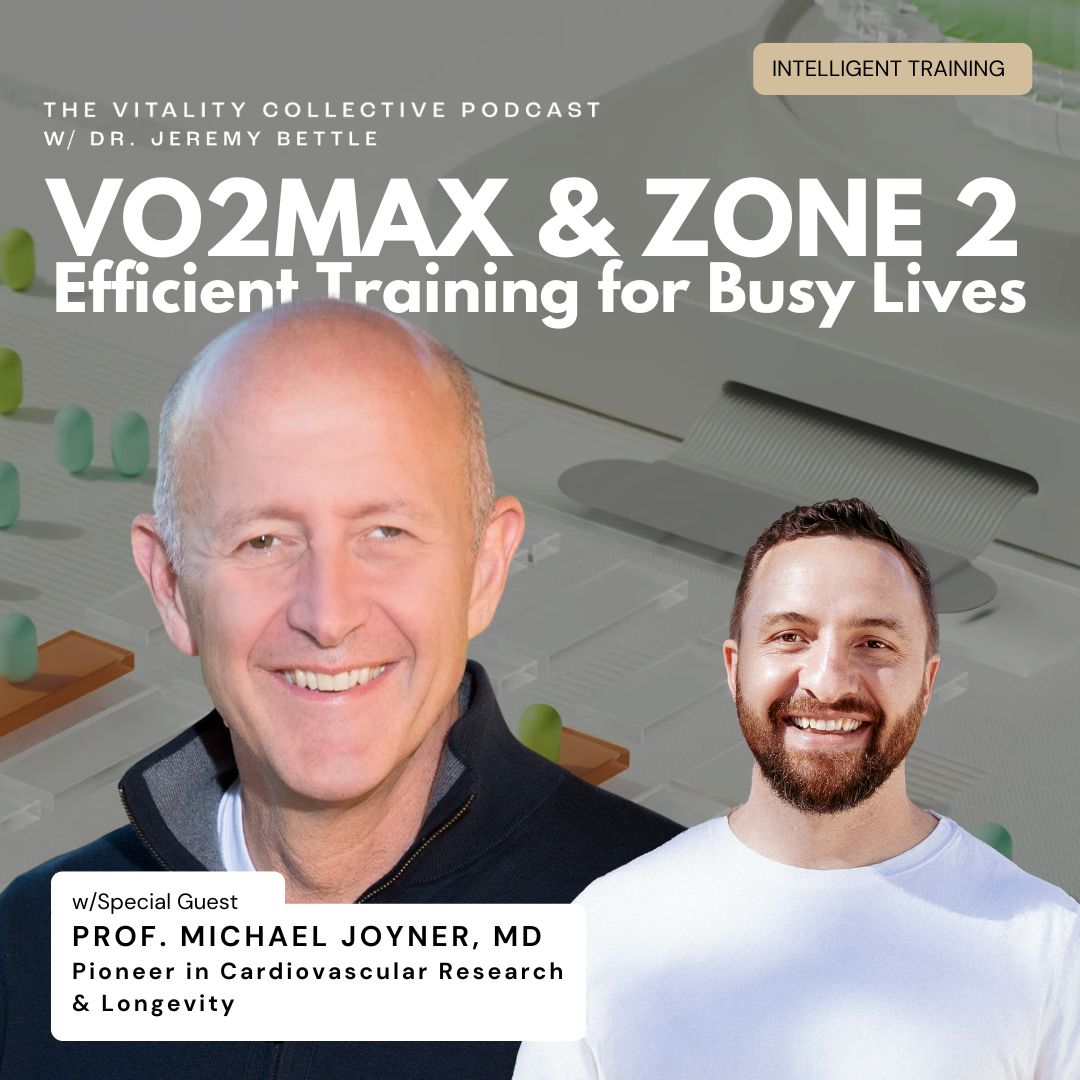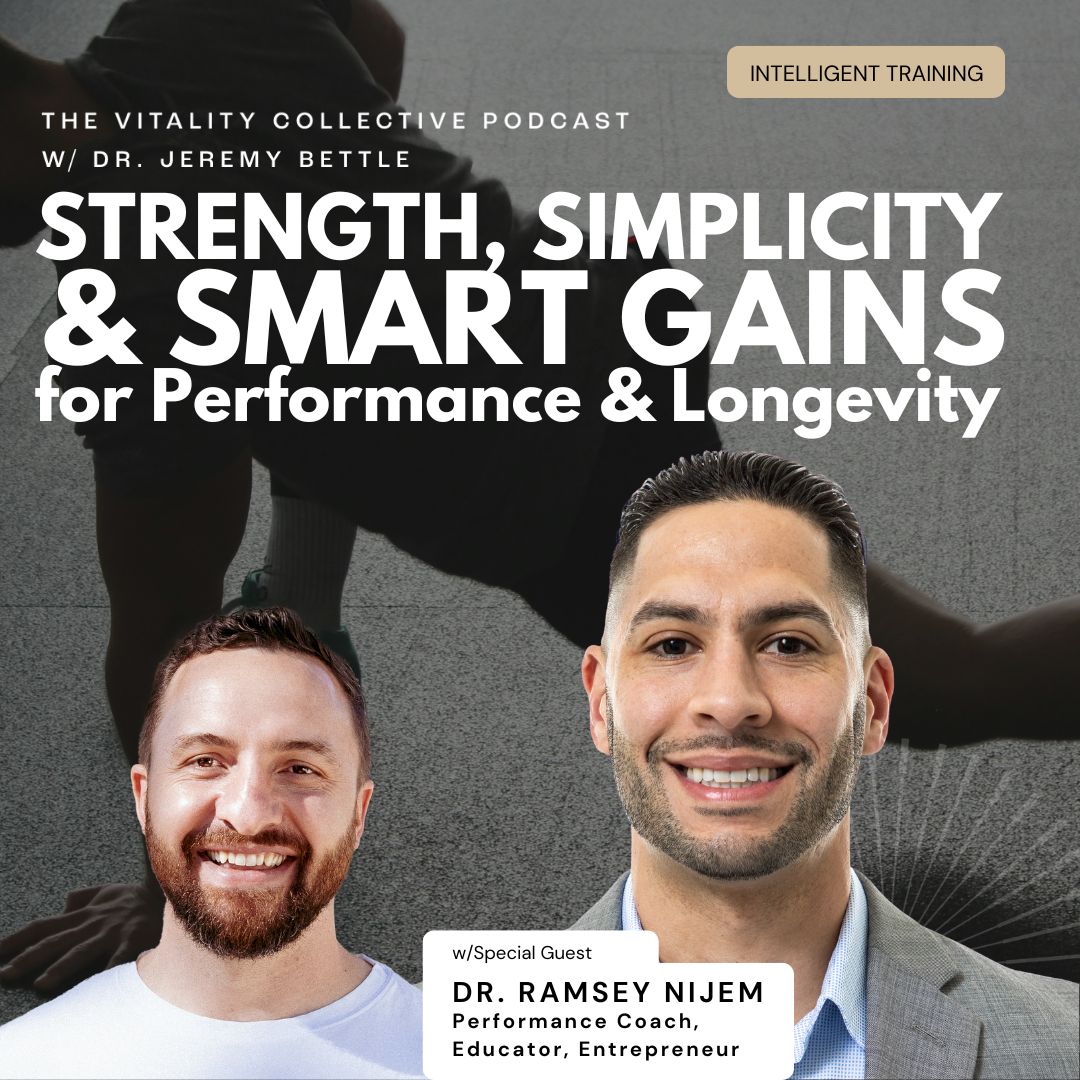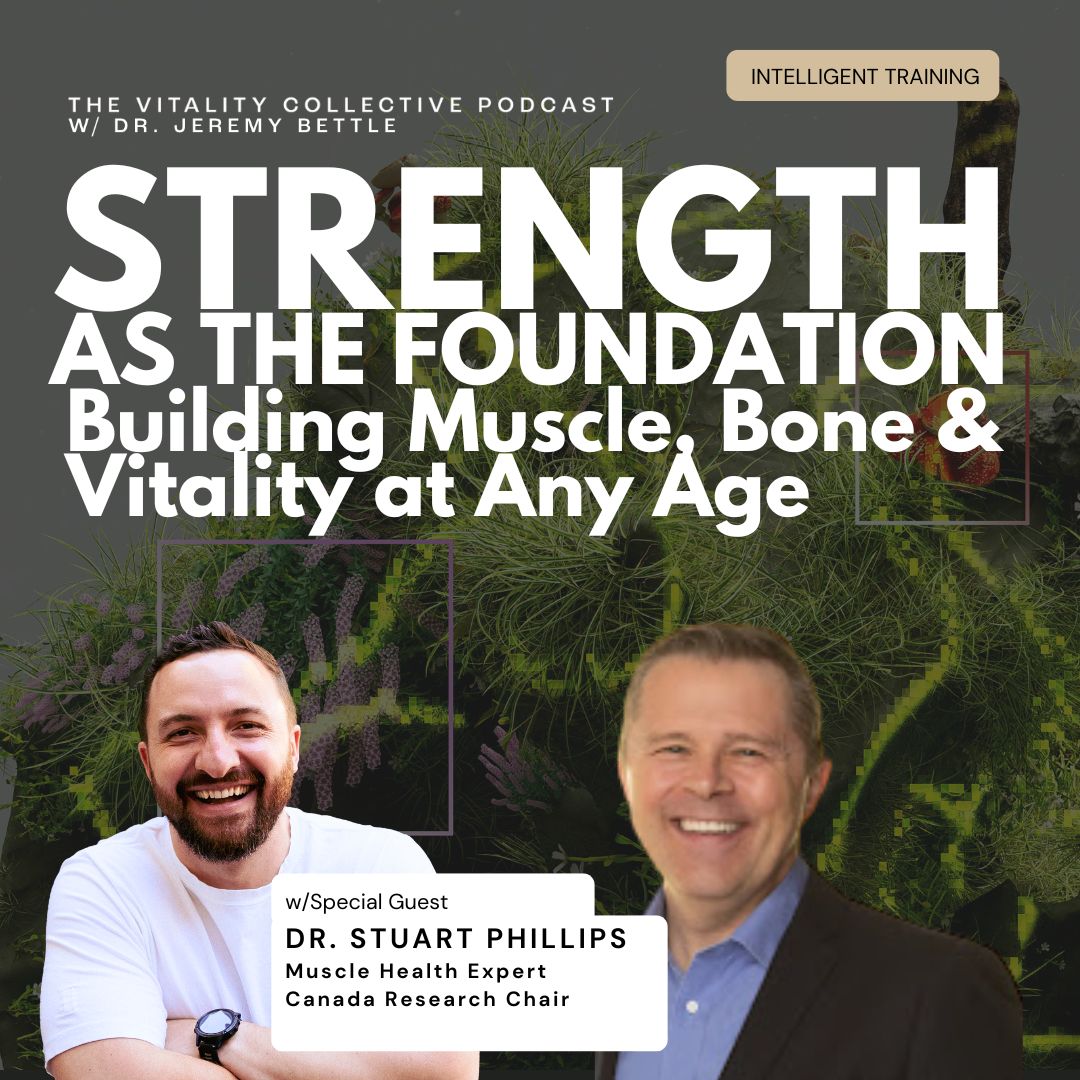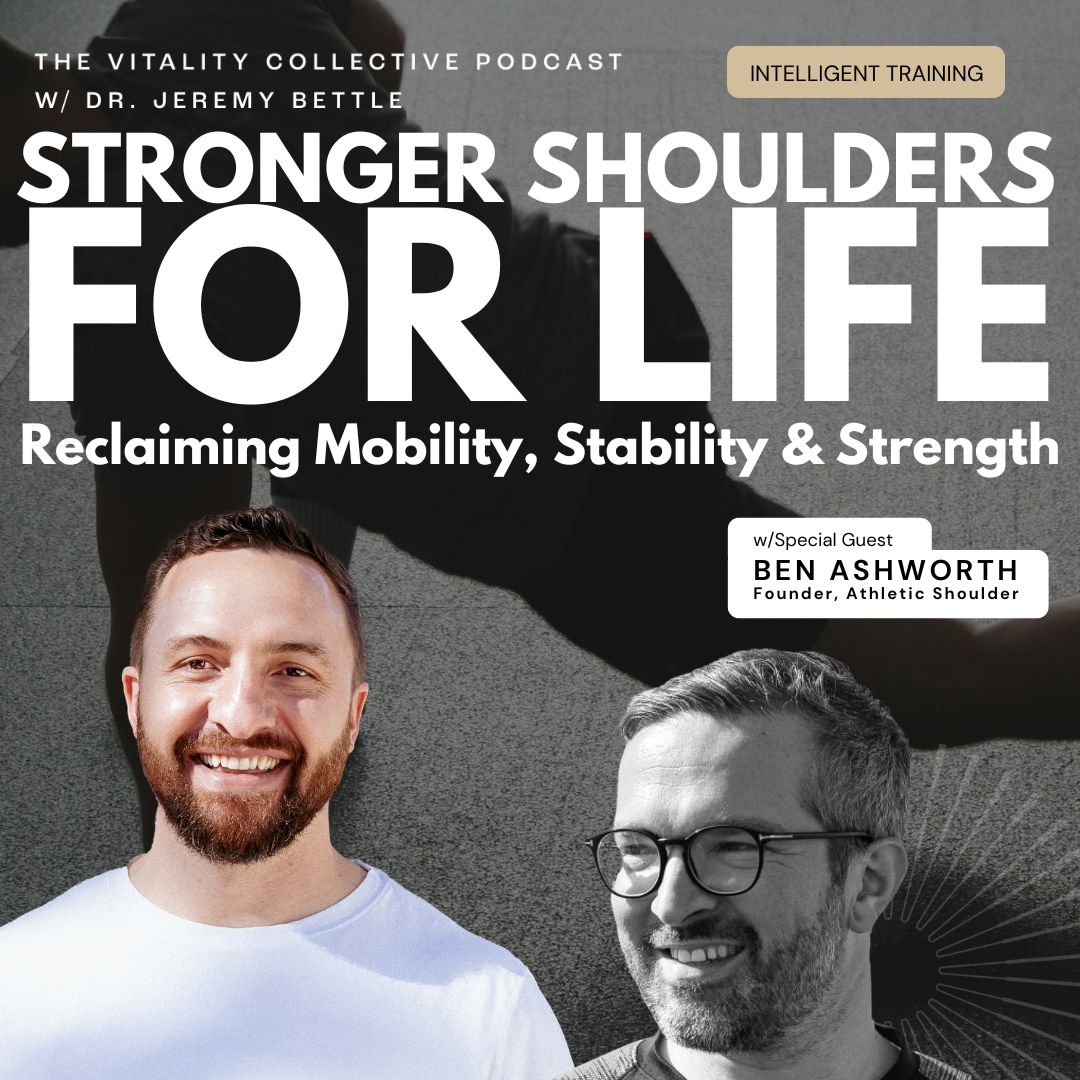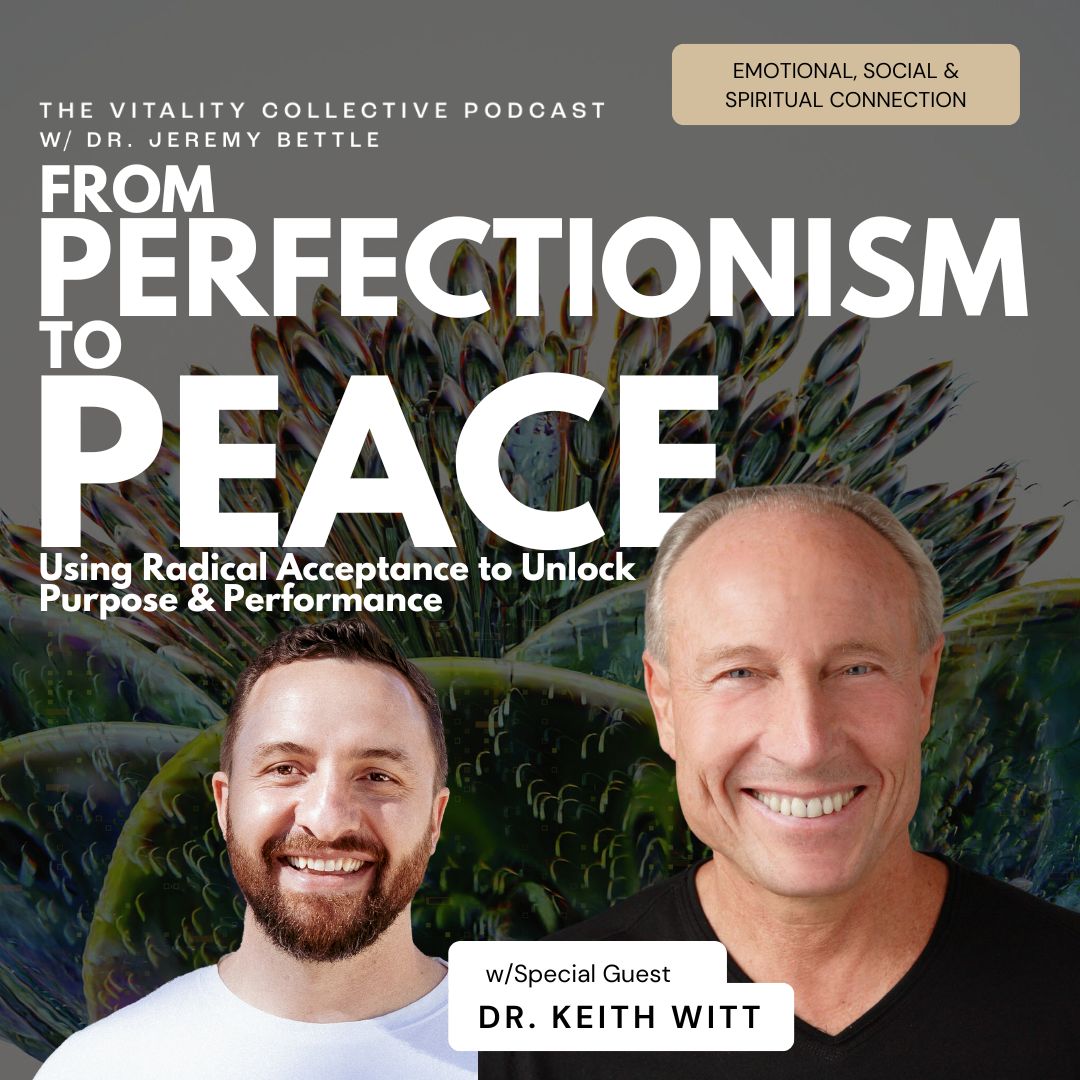EP 35: How The Pros Make Sense of Fitness Tech And Data w/Troy Taylor
Description
1. Episode Summary
In this episode, Dr. Jeremy Bettle sits down with Troy Taylor, Vice President of Performance Innovation at Tonal, to explore the surprising parallels between elite athletic performance and general population health. They discuss how the principles of goal-setting, data-driven training, and behavioral design that once applied to pro athletes are now shaping the future of consumer fitness. Troy shares insights from his experience with elite athletes and explains how Tonal's technology helps people build consistent, effective habits for long-term vitality.
2. Guest Bio
Troy Taylor is a globally recognized leader in human performance, with more than 20 years advancing the science of sport and fitness. Over his career, he has guided over 250 Olympic athletes and more than 50 medalists, while directing innovation at organizations like U.S. Ski & Snowboard and the Canadian Sport Institute Ontario. As High Performance Director for U.S. Ski & Snowboard, Troy led the team supporting 15 Olympic medalists; including seven golds, at the 2018 Pyeongchang Winter Games.
Today, as Vice President of Performance Innovation at Tonal, Troy launched the Tonal Strength Institute; an industry-first hub for research, thought leadership, and partnerships that push the boundaries of strength training. His career has been defined by pioneering at the intersection of science and product, serving as co-inventor on new fitness technologies and leading initiatives that connect evidence-based research to millions of everyday athletes. Troy has commissioned groundbreaking studies, funded countless PhDs, and shaped global conversations on how physiology, technology, and behavior science combine to fuel human potential.
3. Links
-
Troy Taylor Instagram: @strengthsciencetroy
-
Troy Taylor LinkedIn: https://www.linkedin.com/in/troy-taylor-4577bb38/
4. Three Actionable Takeaways
-
Be clear on your goals: Determine what you are training for, whether it's to hike or play with your grandkids, and reverse-engineer your training from there. This will help you filter out noise in the wellness space.
-
Learn how to evaluate information: You don't need to be a research scientist, but understanding the basics of reading data and research can help you cut through the noise and avoid misinformation from influencers.
-
Iterate like an engineer: Don't throw out your entire plan when you hear something new. Continuously make small improvements and add new layers to your training over time, just like an engineer refines a product.
5. 10 Bulleted Takeaways
-
The similarities between pro athletes and the general population are far greater than the differences.
-
The "wellness boom" has not translated into better health outcomes, in part because people lack clear goals.
-
Being your own "performance director" in a world of new technology means you have to be an active participant in your fitness journey.
-
Shiny, new technologies often attract people, but it's important to consider if they truly help you reach your goals.
-
More data isn't always better; too much data can be paralyzing and lead to negative self-talk.
-
Consistency is the single most important factor for long-term health and vitality.
-
"Exercise snacks"—short, micro-workouts of one to five minutes—can be a highly effective way to build consistency and improve health.
-
A flexible "Plan B" for your training can help you stay consistent even when life and time get in the way.
-
Many people mistakenly focus on auxiliary details like specific supplements or "hacks" rather than the fundamentals of consistent training.
-
Identity is a powerful motivator; technology and community can help you see yourself as "someone who works out," making consistency easier.

